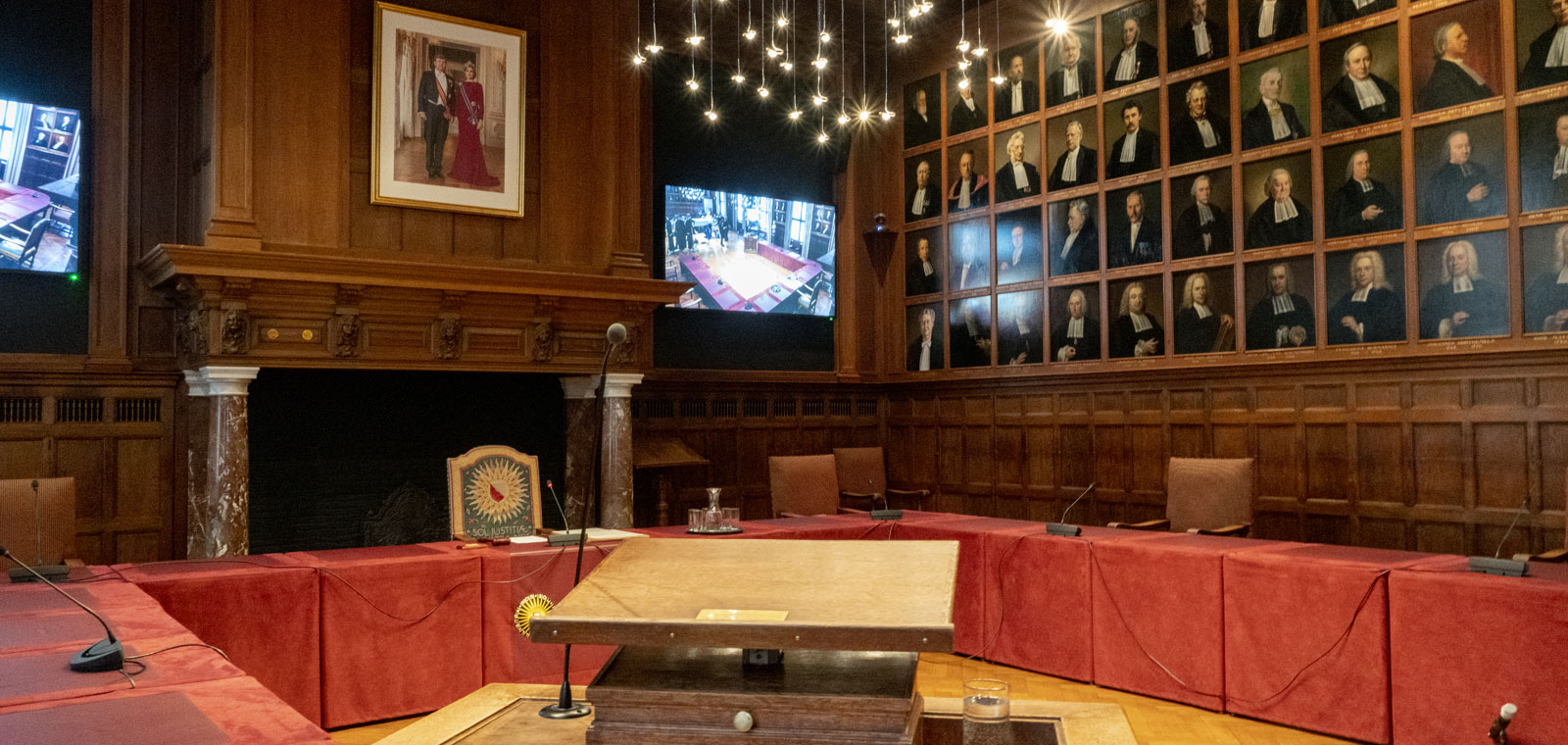
In the wild, young adult male macaques leave their natal group to join a group of unrelated females. This is a biological process to prevent inbreeding. How can this best be simulated in captive macaques? It was the central question in Dr. Astrids thesis. Today she defended her thesis in the Academy Building of Utrecht University.
The accommodation method at BPRC is unique for research institutes. Just like wild macaques, females stay in their natal group for their entire life, males stay there until puberty. Adult males change groups every four to five years to avoid inbreeding with his daughters.
Thesis
With a detailed literature review, Dr. Astrid outlines that basic knowledge about male macaque migration is important for captive monkeys. Using long-term observation and her behavioral science insights, Dr. Astrid investigated, among other things, the role of the females in the introduction of a new male to the group, and what the most optimal group composition is for successful introductions.
Dr. Astrid answers many questions about the most natural housing possible without the breeding colony losing its genetic diversity.
Afterwards, Dr. Astrid received her well-deserved degree from her supervisor, Professor Sterck.

